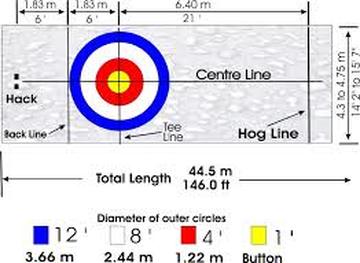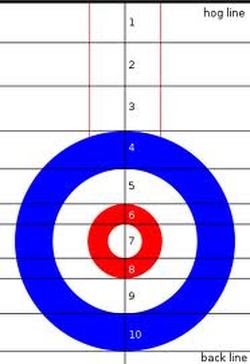Rules of Curling
Click / tap on a button below for more information about the 2022-2026 rules of this fast growing game.
Click / tap the button below for a summary of changes to the rules for 2022-2026 and the rationale behind them.
About Curling (Canada Curling website)
The following subjects are covered on the Canada Curling Association website under
Click on each subject link for more information.
Basics
So you’ve seen curling on television or someone at work or school is talking about it, but what exactly is this sport of curling all about? Here are the basics that you need to know.
Safety First
They make it look easy on TV, but trust us: that ice is awfully hard when you fall down on it. Having fun is always one of the most important parts of curling, but being safe is at the top of the list.
Education
The great thing about curling is that you can ALWAYS learn something new — whether you’re a rookie stepping onto the ice for the very first time, or a savvy veteran!
Diversity and Inclusivity
Curling is a place for everyone. An individual’s journey into curling begins with community clubs. Therefore, it’s crucial that clubs are able to create environments where people feel welcome and enjoy their experience. This will help foster a new wave of diverse members. It is important that they feel safe and free of any discrimination or maltreatment.
Coaching Information
Want to find out how you can become a certified curling coach? Looking for coaching resources? You’ve come to the right place!
Officials and Umpires
They make it look easy on TV, but trust us: that ice is awfully hard when you fall down on it. Having fun is always one of the most important parts of curling, but being safe is at the top of the list.
Business of Curling
Tips and helpful information for the business side of curling
History of Curling
Though curling was started in Scotland, the sport has a long and rich history in Canada.
The Ice
The “House”
The “house” is found at both ends of the curling sheet.

Curling Zones
The skip may ask a player to throw to have their stone sit in a particular zone from 1 to 10.
Sweepers may call out to the skip which zone they think the stone will end up based on its performance down the ice.

